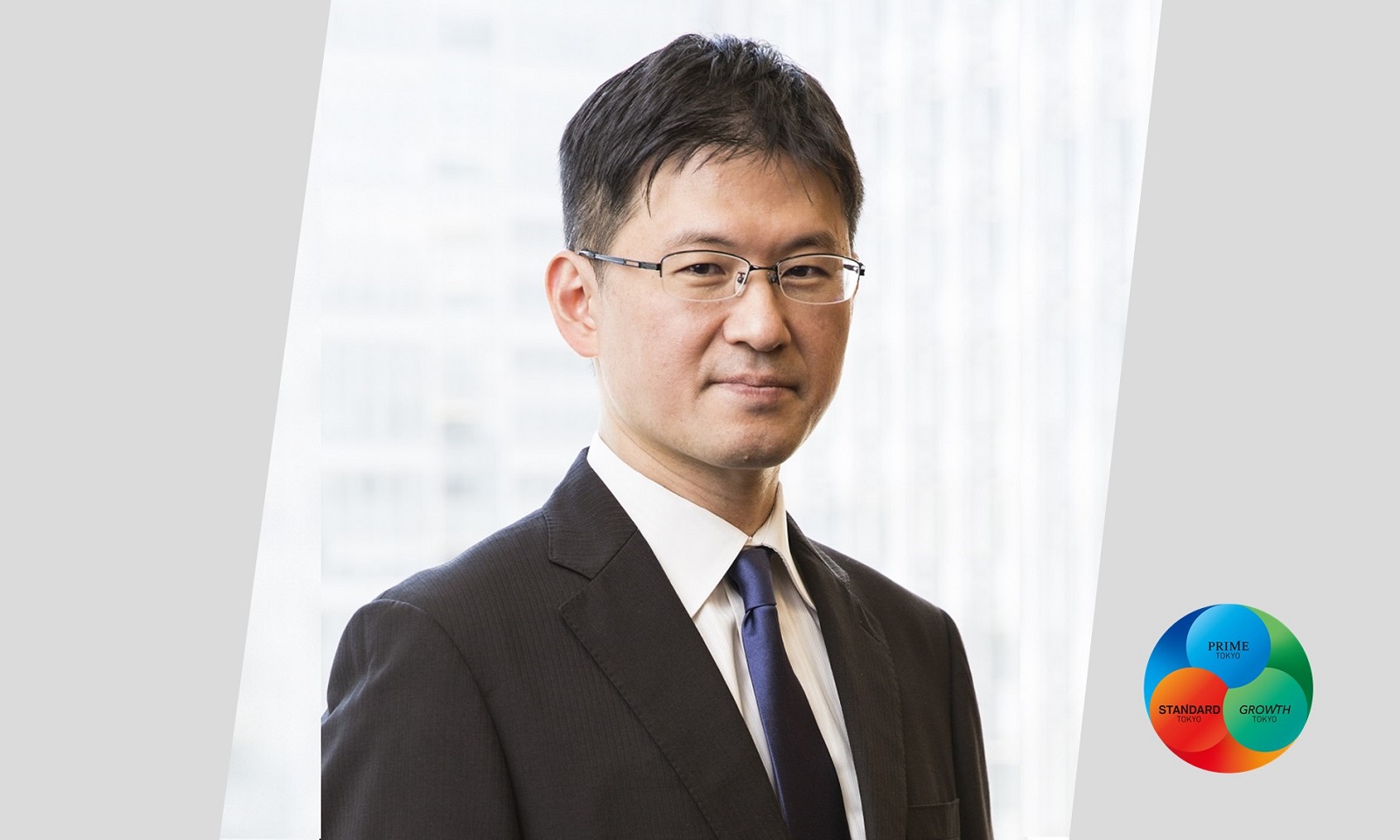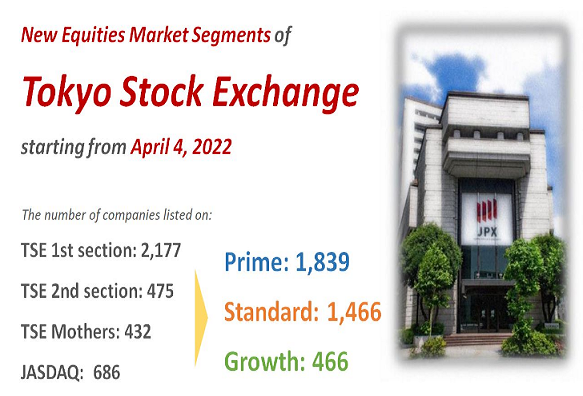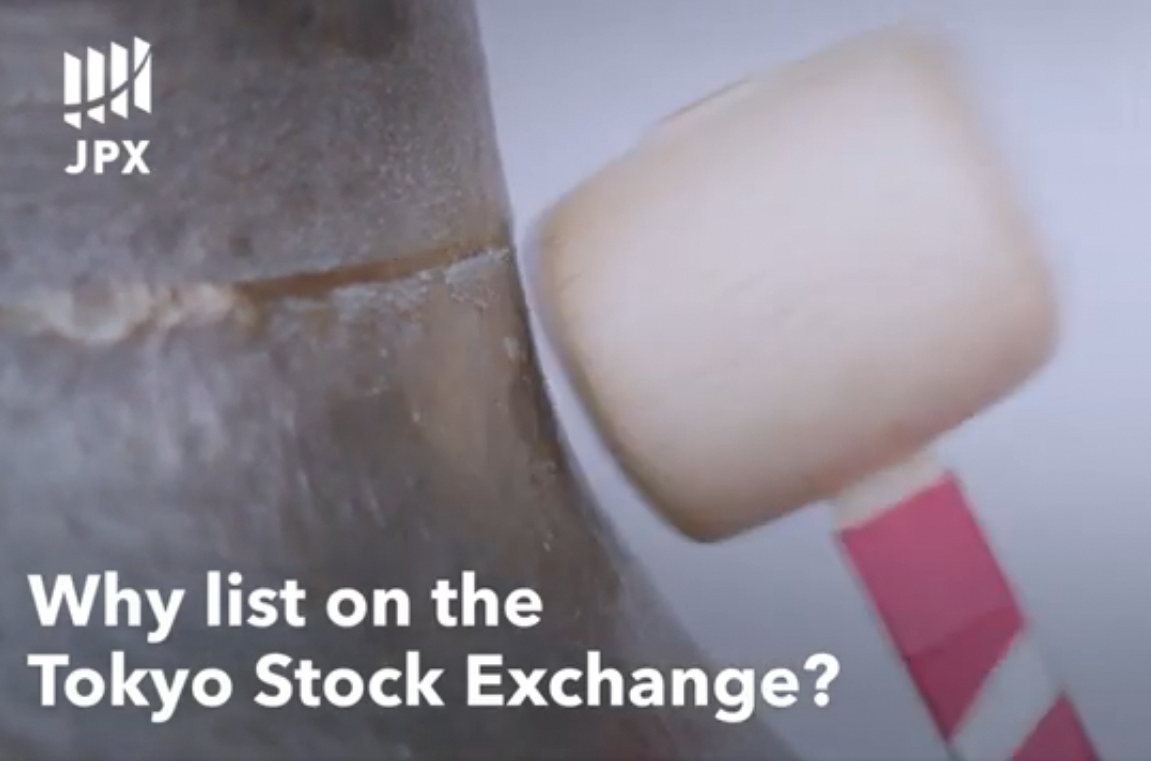TSE Cash Markets
Institutional Investors’ Expectations of the TSE’s Prime Market

By George Iguchi, Chief Corporate Governance Officer / Executive Director Nissay Asset Management Corporation
In my opinion, the significance of this market reform lies in the clarification of roles of market segmentation and the establishment of the Prime Market. I regrettably find, however, that recent discussions focus only on levels of ‘liquidity ratio’ for the market segments. Of course, securing the liquidity is essential for institutional investors as they can sell their shareholdings in case something happens. Yet that is not the key point of the market reform.
The newly-established Prime Market was defined as the market “for companies which have appropriate levels of market capitalization (liquidity) to be investment instruments for many institutional investors, keep a higher quality of corporate governance, and commit to sustainable growth and improvement of medium- to long-term corporate value, putting constructive dialogue with investors at the center.” It means that companies to be listed on this market segment are required not only to secure the liquidity, but also to satisfy such qualitative requirements as improving governance structure which supports sustainable growth and a high level of corporate disclosure which enables constructive dialogue with investors.
I believe that companies, which have in place “a high level of governance structure” and make “a high level of corporate disclosure,” can raise their capital efficiency and enhance growth potential, thus being highly valued in the market. What institutional investors expect is that many companies will work hard to meet the qualitative requirements of the Prime Market by competing and learning from each other, and increase their corporate value, thereby achieving an increase in stock market capitalization. Furthermore, considering that the Prime Market will represent Japan’s capital market, I believe that such a development will result in raising the international status of Japan’s capital market.
We can already see institutional investors’ move that reflects their expectations for the Prime Market. The Corporate Governance Code was revised in 2021 to require the Prime Market-listed companies to ensure a higher quality of corporate governance and disclosure. Among institutional investors, Nissay Asset Management Corporation, which I work for, plans to split its proxy voting standard into two separate standards in June 2022, and require the Prime Market-listed companies to ensure a higher quality of corporate governance. In this manner, I assume that there will be increasing expectations for the Prime Market in the future.
Of course, each company has a final choice of its market segment. Yet, when companies choose the Prime Market, they will have a performance obligation to satisfy the high expectations from institutional investors, so their responsibility for such a choice would be grave.






